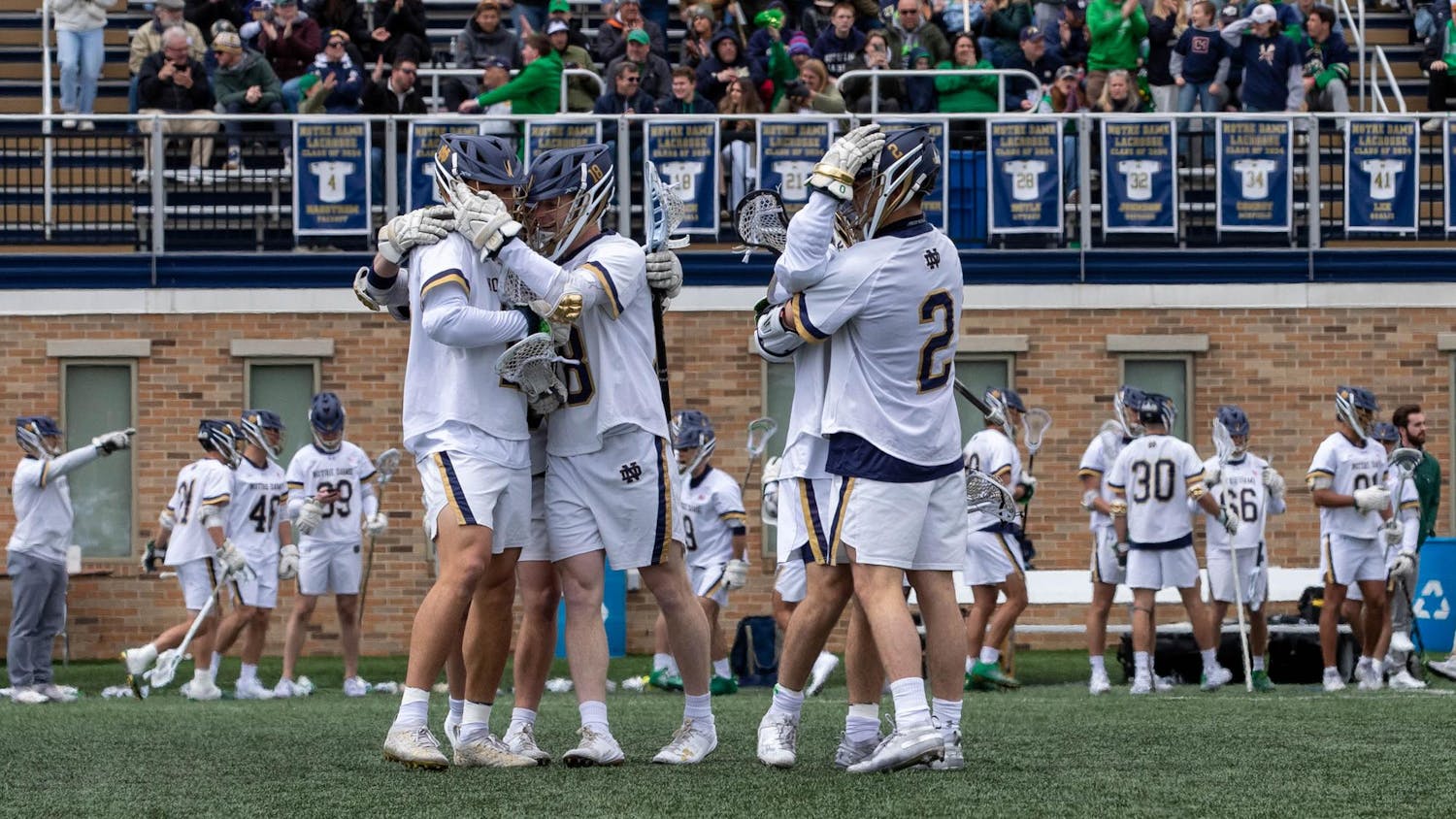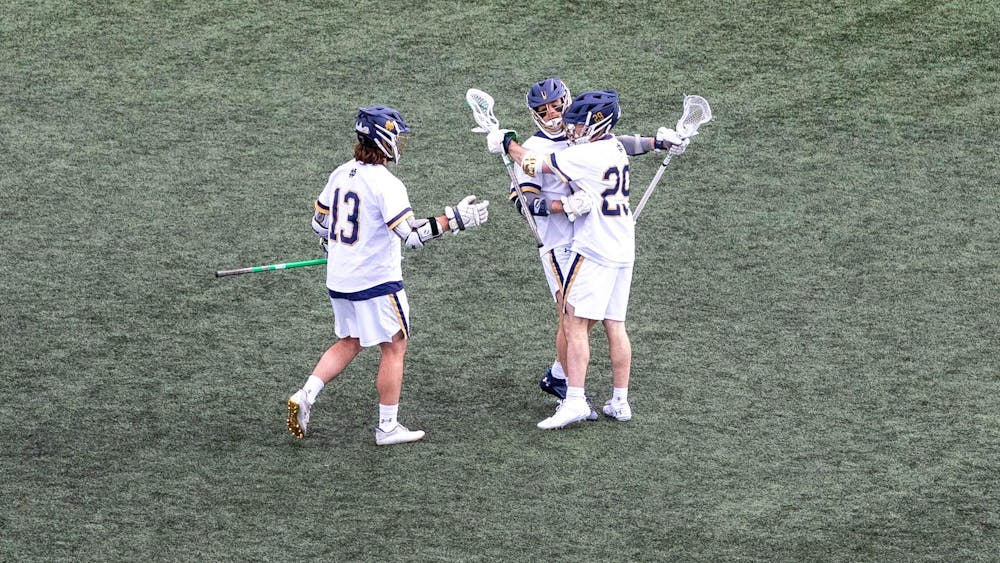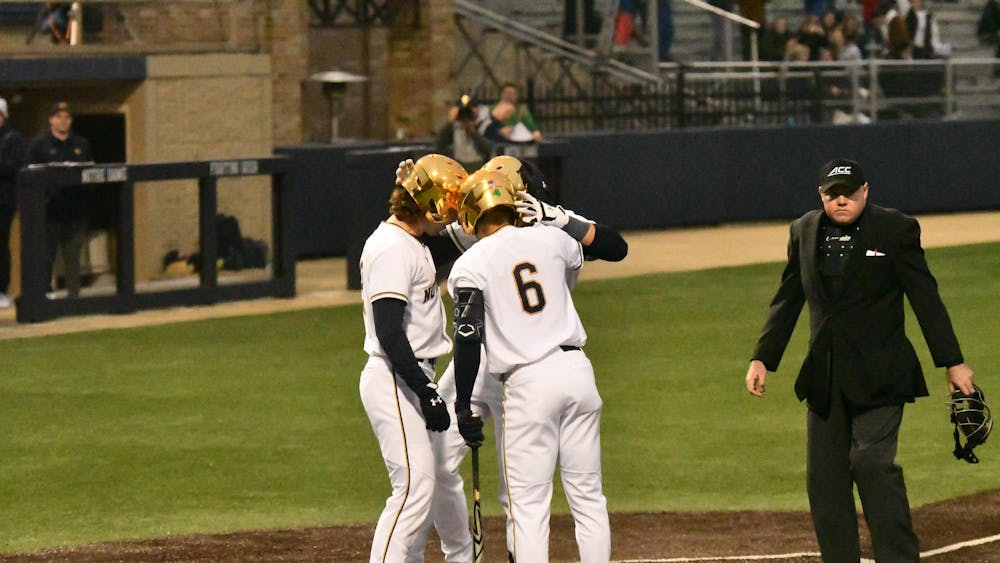“Michigan State secrets extend far beyond Larry Nassar case.”
That was the headline of an Outside the Lines report published by ESPN on Friday. In the wake of the sentencing of sexual predator Larry Nassar, the report revealed that at least 16 Michigan State football players had been accused of sexual assault or violence against women since Mark Dantonio became head coach at the University in 2007. It also discussed many allegations made against former basketball players at Michigan State, outlining allegations of gang rape, sexual assault and public violence.
Just one day later, The Athletic reported that “NCAA president Mark Emmert was specifically alerted in November 2010 … to 37 reports involving Michigan State athletes sexually assaulting women.”
But this isn’t even a singular example of collegiate athletic programs — particularly football programs — failing to address and, in some cases, even covering up the criminal behavior of their players. In 2016, Baylor was accused of failing to respond to rape or sexual assault reports filed by at least six female students starting in 2009 — with at least five Baylor football players being accused of those crimes and two of them even being convicted of rape. In 2014, the New York times reported that “the police [in Tallahassee, Florida,] on numerous occasions have soft-pedaled allegations of wrongdoing by Seminoles football players. From criminal mischief and motor-vehicle theft to domestic violence, arrests have been avoided, investigations have stalled and players have escaped serious consequences.”
And with the latest news coming down Friday, I can’t help but wonder, how did we get to this point? How can it be that in three years, things have not only not gotten better, but they seemingly have gotten worse?
Look, I can’t speak to the guilt or innocence of any of the athletes alleged to have sexually assaulted and victimized women on Michigan State’s campus. But I believe it’s undoubtedly true that, in reading the most recent reports, there were serious shortcomings in the internal investigations administrators at Michigan State launched when these women filed their complaints. The Office for Civil Rights (OCR) reviewed 150 reports of campus sexual harassment, violence and assault from 2011-2014 and talked to students, athletes and staff alike before finding “significant concerns” in 20 percent of those cases. It described how MSU’s “failure to address complaints of sexual harassment, including sexual violence, in a prompt and equitable manner caused and may have contributed to a continuation of this sexually hostile environment.”
I think everyone can agree that such an environment is abhorrent and wrong. But if we simply accept them as wrong and try to move on, it only allows the problems to perpetuate.
Just like it did at Florida State. Just like it did at Baylor. And just like it did at Michigan State.
Administrators in these situations created power dynamics in their failure to act on these complaints in a responsible manner. They prioritized image, reputation and money each and every time they conducted these shoddy investigations that the OCR said raised “significant concerns.” And in three years, we’ve learned that nothing has changed throughout the landscape of college football for over a decade.
But the power dynamics in those situations don’t just exist at the administrative level. Students, fans and others allow those power dynamics to exist and perpetuate too. We thrust athletes into celebrity status and create a culture that, at its most extreme, distinguishes them as special or better than the rest of us.
Fortunately, the wide majority of collegiate athletes — at least in my experience as a reporter — have shown themselves capable of maturely handling that spotlight. They don’t all succumb to the culture that we as spectators can create.
But some do. And at its worse, the result of that is what happened at MSU, Baylor and Florida State over the last decade.
Eventually, we have to agree that enough is enough.
Actually, we can’t just agree on it. We have to actually do something about it.
Sure, there might be only so much we can do, but that doesn’t mean we shouldn’t do it. It’s not enough to just call for “accountability” in these situations. Administrators stepping down or coaches being fired doesn’t solve the problems, they only stop the bleeding.
As fans, we need to do everything we can to start changing the system that has been created. Stop putting college athletes on a pedestal. If we can’t treat them as our equals — no more and no less — then it becomes a lot easier for authority figures to treat the ones who abuse that pedestal as if they are above the law, especially when it protects the institution’s reputation and pads its pocketbook.
And don’t just have an opinion about the institutions who fail to protect victims. Voice them. Force coaches and administrators to care as much about the success and the well-being of the students off the field as they do the athletes who perform on it.
Because we can’t just hope there isn’t another MSU or Baylor. We have to do anything and everything we can to prevent it.













